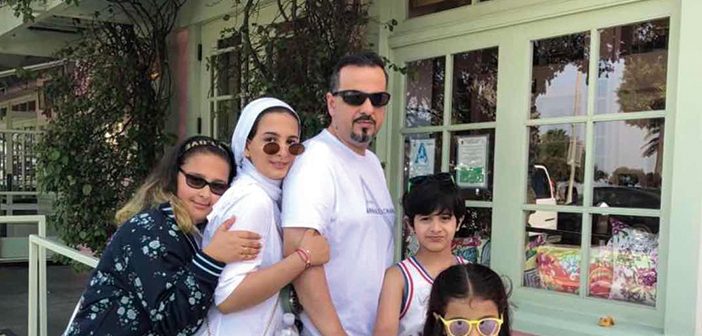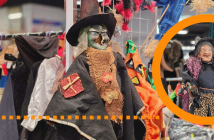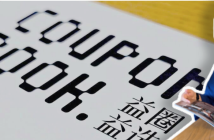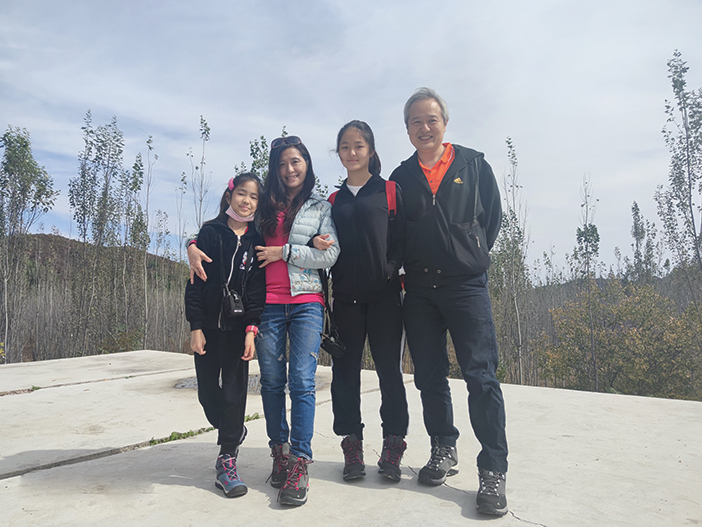
Mom Felicia Li and her family moved to Beijing in 2011 for her husband Barry’s new job. The couple has two daughters, Hannah, 13, and Ann, 10.
Do you do any philanthropic work together as a family? If so, how did you get started?
Our family began to participate in public welfare activities in 2016. At that time, it was through the school where Hannah was studying. It arranged a Lei Feng Day homework for the students, requiring them to complete an activity related to public welfare. I took my two daughters and their classmates to a hearing rehabilitation center to perform for a group of deaf and hard of hearing children from rural areas around Beijing. Since then, my family has become volunteers for these children.
What are the causes that you and your family are passionate about? Why?
Our family have accompanied deaf and hard of hearing children since 2016. In 2017, we launched Rainbow and Angel Coffee Shop and started to teach them to make snacks for free. In the beginning, they had no idea how to make them, but they were very brave and overcame the obstacles of their hearing loss. Today, they have become professional bakers and their products are loved by many people which makes us feel very proud.
Do you prefer to give to one particular organization or to multiples?
I prefer to give to one particular organization. I believe that only by deeply understanding the people I am helping can we give them the help they really need.
Was philanthropic work a part of your life growing up?
I used to be a financial analyst in the financial industry with a good social status and salary conditions. However, I left the financial industry and devoted myself to public welfare because I saw a greater power than money which is love. Love can bring influence beyond imagination. Love can change a person’s life. This is the truth that I will never understand and feel in the financial industry.
Do you think it’s important for children to learn the importance of giving back to the community? Why or why not?
It is very important to teach everyone to give back to society. I think that everyone can really exert the greatest influence in life only after learning to be grateful and giving back.
What motivates you and your family to continue your philanthropic work?
Public service can bring a family together in a positive way. This cannot be learned in school or in books. I regard public service as a very core lesson in family education. This is the main reason why I insist on taking children to do public service.
What do you think that helping others who are less fortunate teaches your children?
It helps my children learn to be more grateful and cherish what they have.
What’s the most rewarding part about doing philanthropic work together as a family and would you recommend it to others?
I think the biggest gain is that we witnessed how the power of love has changed the lives of these deaf and hard of hearing children. Seeing the changes in these children in person makes my children not only feel the great influence of public service but also feel the upward power of life from these brave youth.
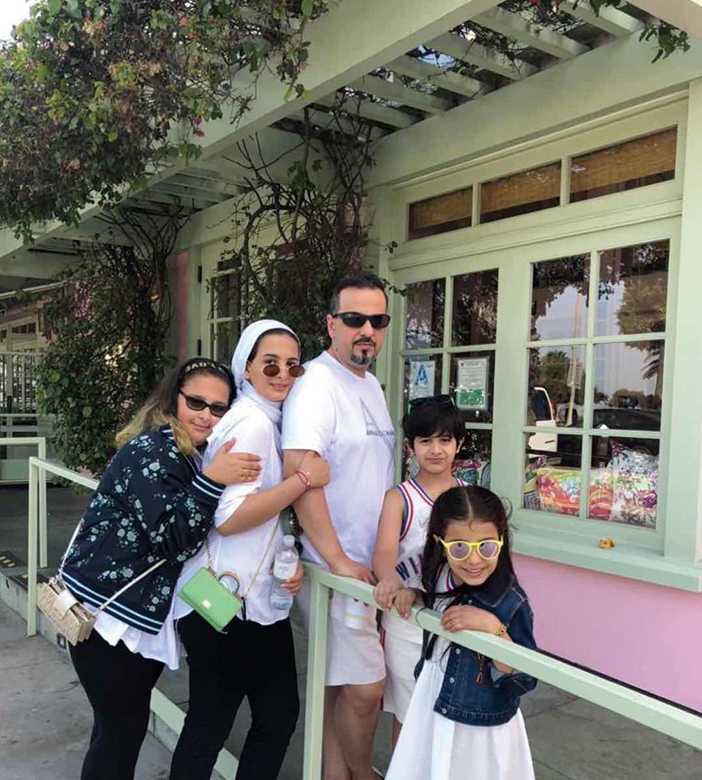
Jood Q and her family moved to Beijing from Saudi Arabia. Dad Mushahab is the VP of Marketing at Aramco Asia and mom Mona is an entrepreneur. Their four children Jood, 17, Sadeem, 14, Mohammed, 9, and Nourah, 7, are all students at the Canadian International School of Beijing (CISB).
Do you do any philanthropic work together as a family? If so, how did you get started? Was philanthropic work a part of your life growing up?
When we lived back in Saudi, mom Mona was a part of the administration for a charity that raised money for families in need through charity balls, bazaars, charity membership fees, etc. During the bazaars, the kids would book booths and sell homemade traditional snacks that Jood and her mom made together.
What are the causes that you and your family are passionate about? Why?
Giving to the people that need it most. We’re a Muslim family; giving to others is actually one of the pillars of Islam, therefore, we make sure to plant it within from a young age.
Do you prefer to give to one particular organization or to multiple?
If we [run]a charity we let [our children]handle where the fundraised money will go. In 2016, the year we first came to Beijing, our school had started a new community called “Days for Girls”. I joined and participated in every fundraiser I could join. This academic school year is my fifth year joining DFG, and I am now the student leader for the past two years where I get the privilege to spread awareness about all the unfortunate girls around the world that don’t get to have the benefits that I have, such as sanitary menstrual health tools to aid with their monthly periods.
Do you think it’s important for children to learn the importance of giving back to the community? Why or why not?
Definitely! It is important because giving back not only benefits the people, but it plants love and generosity within our children!
What motivates you and your family to continue your philanthropic work?
Giving back restores my faith in my religion and makes me more aware of everything I have been blessed with. Giving back makes me aware of my privileges and provides me with a reality check.
What do you think helping others who are less fortunate teaches your children?
Giving back teaches us and our children to care for one another when times are hard for some. It also teaches us all to acknowledge our daily privileges, from being able to eat breakfast every day to simply walking down the street safely.
What’s the most rewarding part about doing philanthropic work together as a family and would you recommend it to others?
The most rewarding part is when your children continue to give back to others without being instructed to do so; it makes me feel like I did my job of raising my kids well to care for others and give back. It’s truly an amazing feeling. I definitely recommend teaching children to give back from a young age so they can continue to do so by themselves.
KEEP READING: Stories From Shunyi’s Pop Up Nucleic Acid Testing Centers
Photos: Uni You, Jood Q.
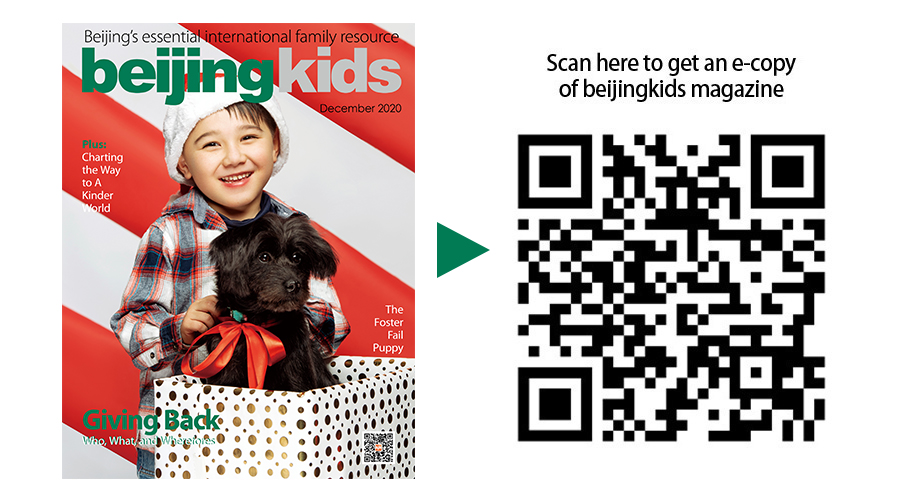 This article appeared in the beijingkids 2020 December issue
This article appeared in the beijingkids 2020 December issue

